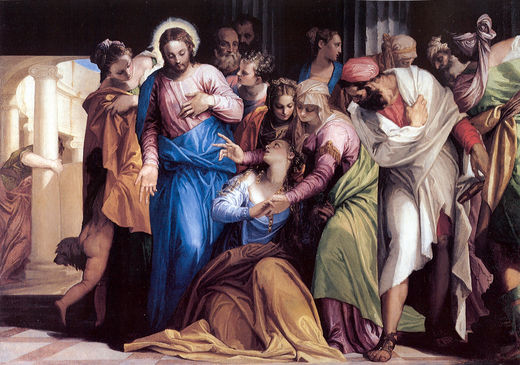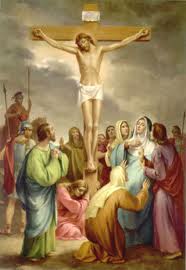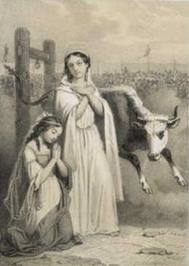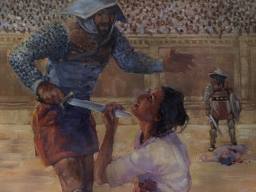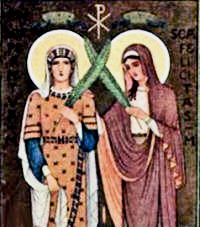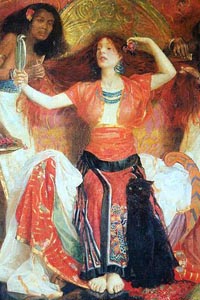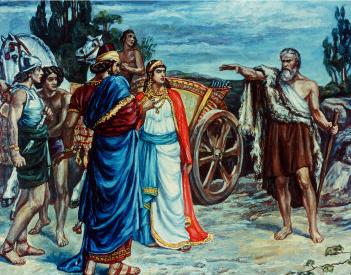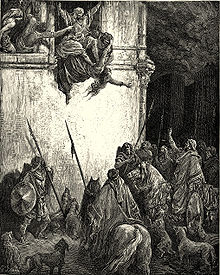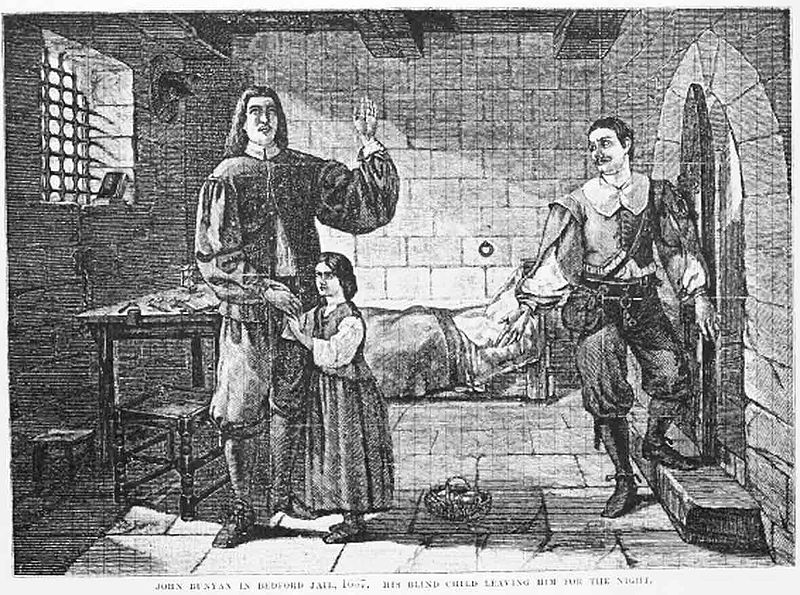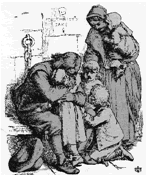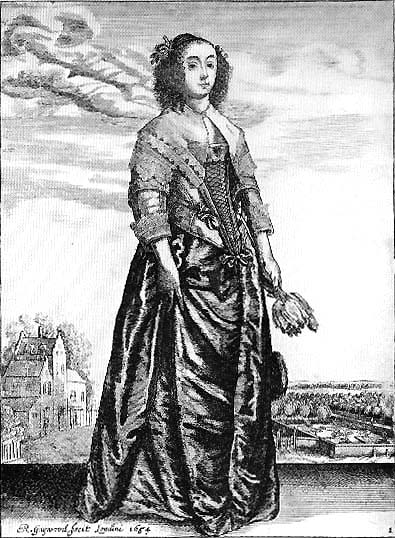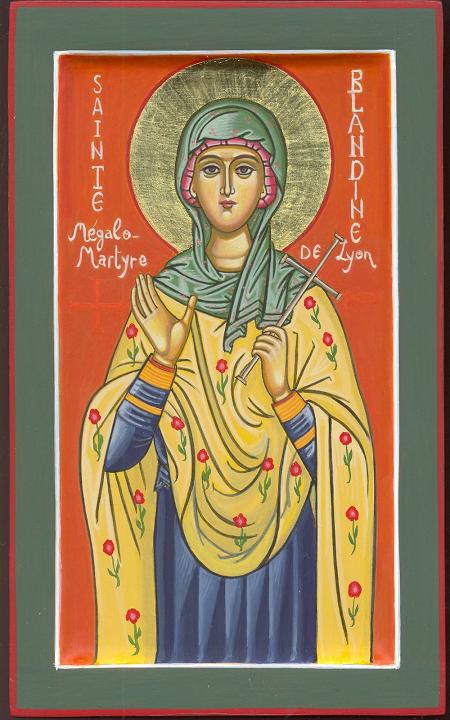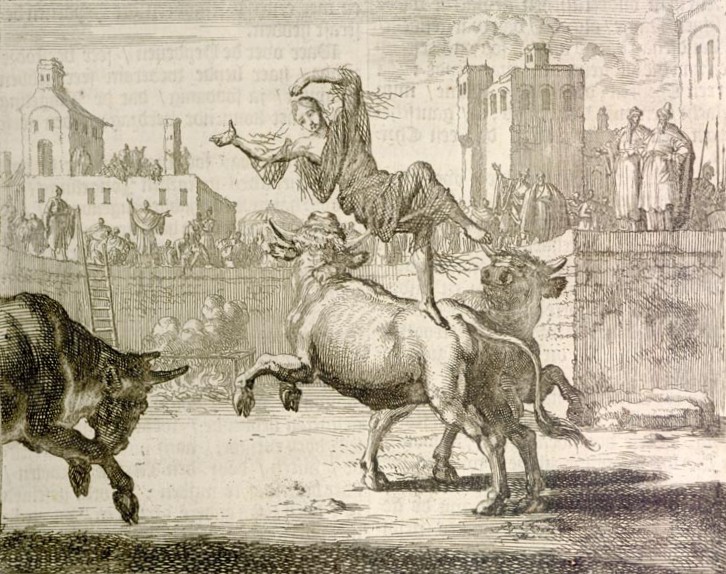Elsewhere on this Blog, we have stories of remarkable women who have stood up for what is right in the face of strong opposition. Jennifer Keeton is trying to maintain her beliefs and her constitutional rights against the courts, the university system, and the American Counseling Association. A generation ago she would not have had to struggle with this. Our country has changed so much in just a few decades that now the “powers that be” think it is all right to shove God andword to the side in favor of their own agenda. We were warned by many faithful witnesses in the past that if we did not stand up and proclaim God’s truth fearlessly we would find ourselves in this situation. (See my posting on Sophie Scholl.)
That the courts can now force a young woman to attend a “gay pride parade” which she would find offensive just shows how far the enemies of Christianity are able to go. Apparently it’s all right to make Christians do things which are offensive to them. When will the church wake up and see what is happening and take a strong stand?
If the church ignores these events, Christians will only have themselves to blame when they finally loses all freedoms.
I have posted below the entire article which I received from LifeSiteNews. I would encourage everyone to read it to see just how dangerous it will be for Christians if this young woman loses her case. Pay particular attention to the highlighted areas. Ask yourself, “How did we get here? Why do the secular organizations like the ACA have enough power to shut Christians up? Why do they get to have an opinion and make judgments, but Christians don’t?” Notice that even though it is not all right for Ms. Keeton to have an opinion, they get to have one. Notice that they refer to counseling as a “judgement(sic)-free zone”, but they have already made a judgment of their own. And their judgment is that unless your opinion lines up with theirs, you are not entitled to it!
Remember: Sophie Scholl warned us, “If you don’t make noise, the bogeyman won’t find you. But it’s all an illusion.” Yes, they will find you. Yes, you will keep on losing more and more of your freedoms. Let’s not let this happen.
Judge Denies Christian Counselling Student’s Request for Injunction
By James Tillman
AUGUSTA, Georgia, August 24, 2010 (LifeSiteNews.com) — On Friday, a federal judge denied student Jennifer Keeton’s request for an injunction prohibiting Augusta State University from expelling her while her case is being decided, if she does not attend “diversity sensitivity training” on homosexuality.
Attorneys with the Alliance Defense Fund (ADF), a Christian legal organization representing Keeton, appealed District Judge J. Randal Hall’s decision to the United States Court of Appeals for the 11th Circuit on Monday.
Keeton, 24, is pursuing a master’s degree in counseling at ASU. According to ADF lawyers, after her professors learned of her biblical beliefs regarding homosexual conduct, they imposed a mandatory re-education plan on her.
lawyers, after her professors learned of her biblical beliefs regarding homosexual conduct, they imposed a mandatory re-education plan on her.
She was told to attend workshops to improve her sensitivity towards homosexuals, to complete remedial reading, and to write papers describing the impact of such measures on her beliefs.
Professors also suggested that she increase her exposure and interaction with the “gay community” by doing things such as attending a gay pride parade.
In an ADF video, Keeton said that “while I want to stay in the school counseling program, I know that I can’t honestly complete the remediation plan knowing that I would have to alter my beliefs.”
Attorneys with the ADF brought a case against the school alleging that the school had violated Keeton’s 1st Amendment rights by engaging in unconstitutional viewpoint discrimination.
ADF lawyers had requested an injunction preventing Keeton’s expulsion while the case proceeded. Judge Hall ruled that although Keeton “may ultimately prevail in this case, the current record reveals that she has failed to clearly establish her high burden of persuasion of a ‘substantial likelihood’ of success on the merits of her case.”
Hall also stated that the remedial plan was apparently imposed not because of Keeton’s beliefs, but because she exhibited “an inability to counsel in a professionally ethical manner – that is, an inability to resist imposing her moral viewpoint on counselees – in violation of the ACA [American Counseling Association] Code of Ethics.”
The ACA Code of Ethics states that counselors are to “avoid imposing values that are inconsistent with counseling goals.”
According to Judge Hall, the faculty had not asked Keeton to change her beliefs, and had made clear “that it was not [the] Plaintiff’s personal beliefs that were their concern, but rather only her inability to separate her personal beliefs in the judgement-free zone of a professional counseling situation.”
For this reason he said that the defendants’ reasons for “imposing the Remediation Plan appear to be, on the evidence presented, academically legitimate, rather than a mere pretext to retaliate against her for expressing her beliefs.”
